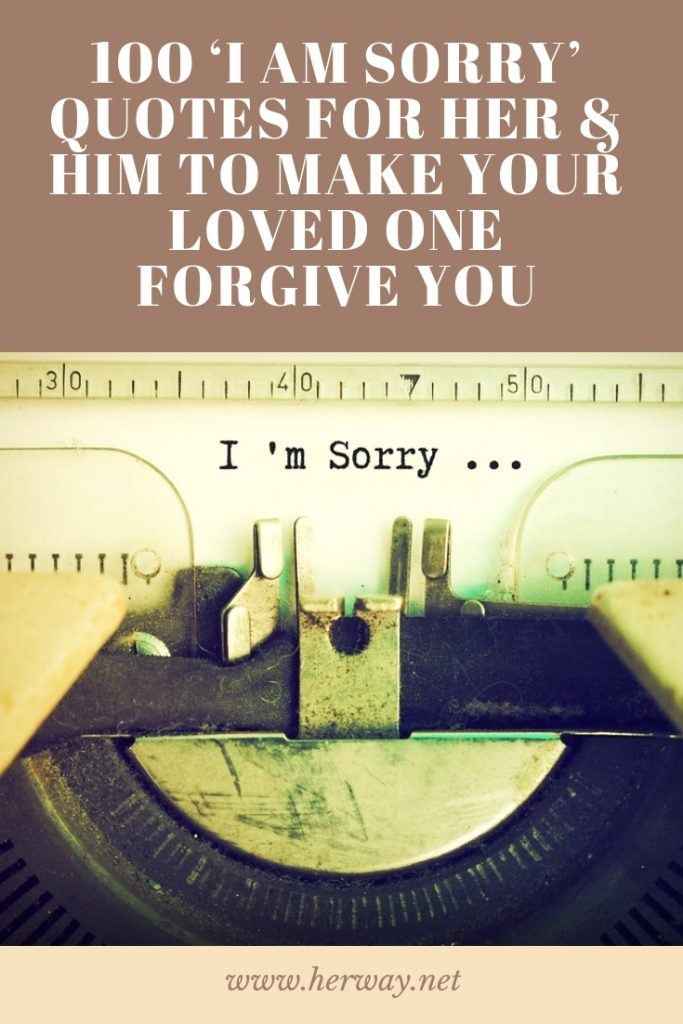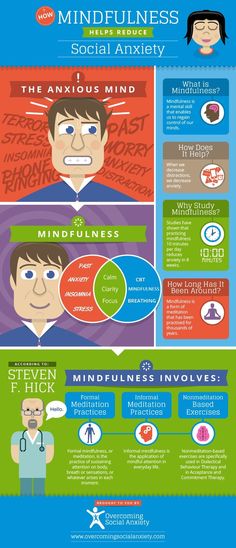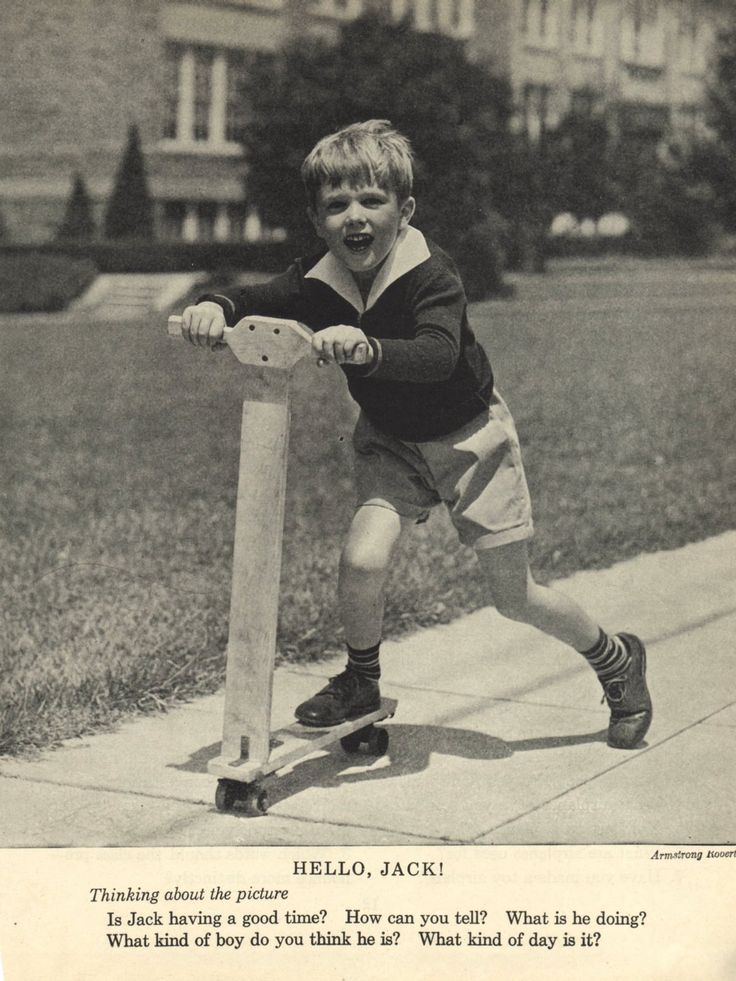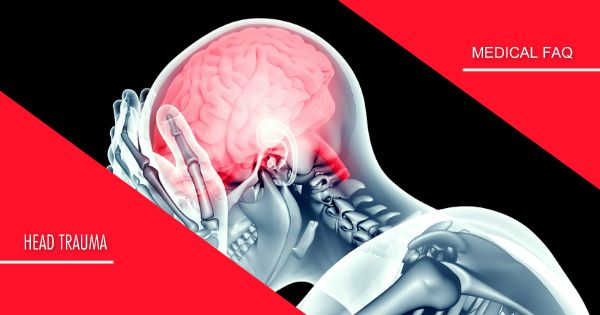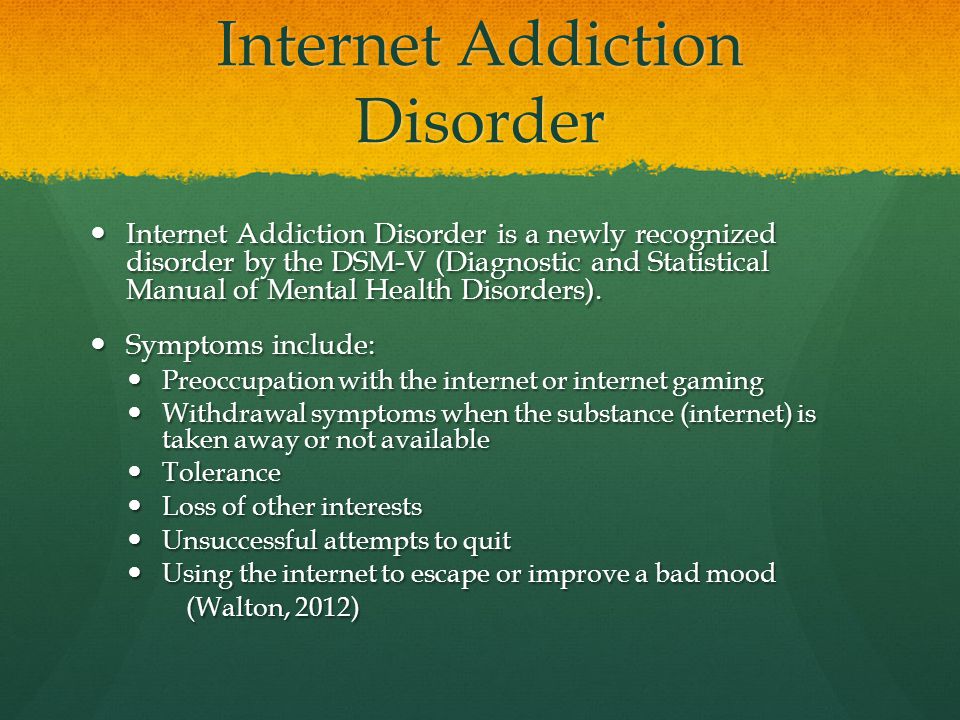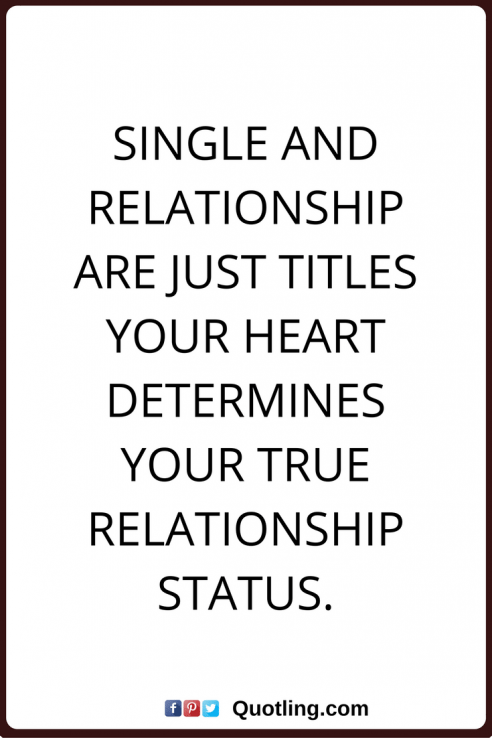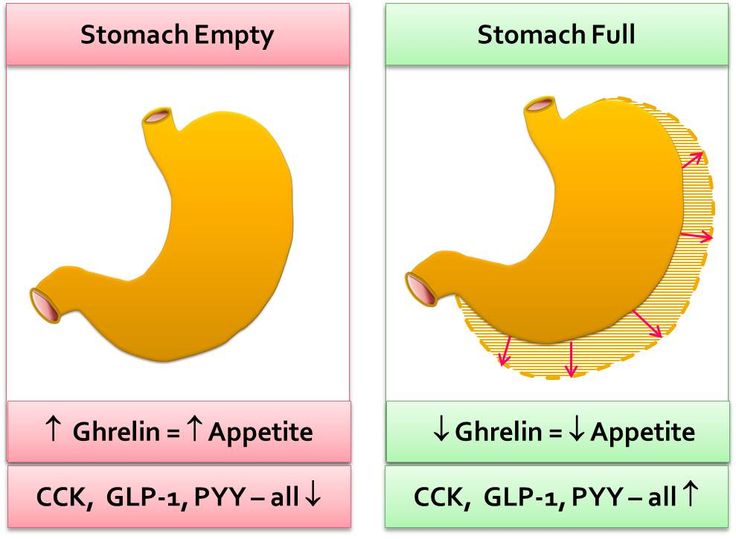I dont know myself
12 Signs You Don’t Know Yourself & How to Fix It
You’re always growing, evolving, and changing, so knowing yourself is, and always will be, a life-long journey.
Many people think that describing themselves using their career (”I’m a doctor”) is enough but the truth is, you’re more than what you do for a living.
The things you:
- do
- like
- don’t like
are only a portion of the puzzle that makes you, you, so describing yourself using just one word or a couple is very constraining.
Knowing yourself is way more than your career; knowing yourself means understanding your own emotions, desires, abilities, and more.
In this article, you’ll learn all the signs that tell you you need to work on getting to know yourself better, plus six things you can do to know who you really are.
The good news?
You don’t need to go on a meditation retreat or a life-changing trip far away from home to know who you are; you can start getting to know yourself better today.
Knowing yourself means knowing:
- your values,
- your philosophy of life,
- your desires and the root of those desires,
- your needs,
- your fears,
- what matters to you.
And if you don’t know any of that, you’ll have a hard time figuring out what you want to do with your life.
The reason why I’ve said time and time again that knowing yourself is a process that never stops is that those things I just mentioned are going to change throughout your life.
So the trick here is to keep that in mind and always strive to be so connected to yourself that you can sense when one of them is evolving into something different.
But if you feel lost or stuck in life, chances are you don’t know yourself very well, and it’s worth investing time in self-discovery if you want to live a life you’re excited about.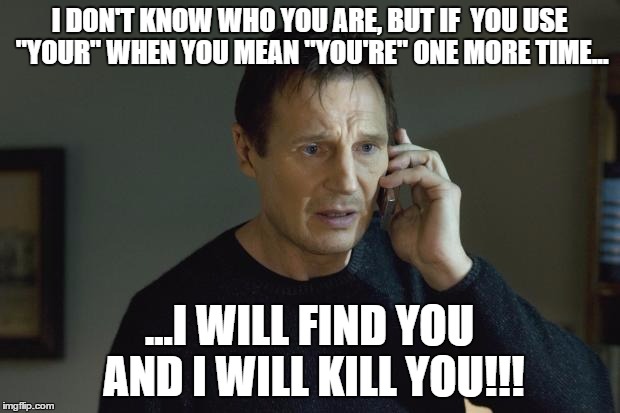
Have you ever thought “I have no idea what to do with my life!”?
There’s a strong connection between not knowing yourself and not knowing what you want to do with your life.
And here’s why:
Knowing yourself also means knowing where you’re headed and what you want your future to look like.
You’re not in control of what happens in the future, but if you know yourself well you’ll have a clear sense of where your current efforts are taking you.
And even though the outcomes of your efforts will never be entirely within your control, knowing yourself means you’ll live an intentional life in the present.
So, if you want to figure out what you want to do with your life, start off by knowing yourself first.
3. You have low self-esteem
Knowing yourself has a lot to do with accepting and loving yourself.
When you know who you are, you’re not only aware of your flaws but also of your strengths and everything you’ve overcome.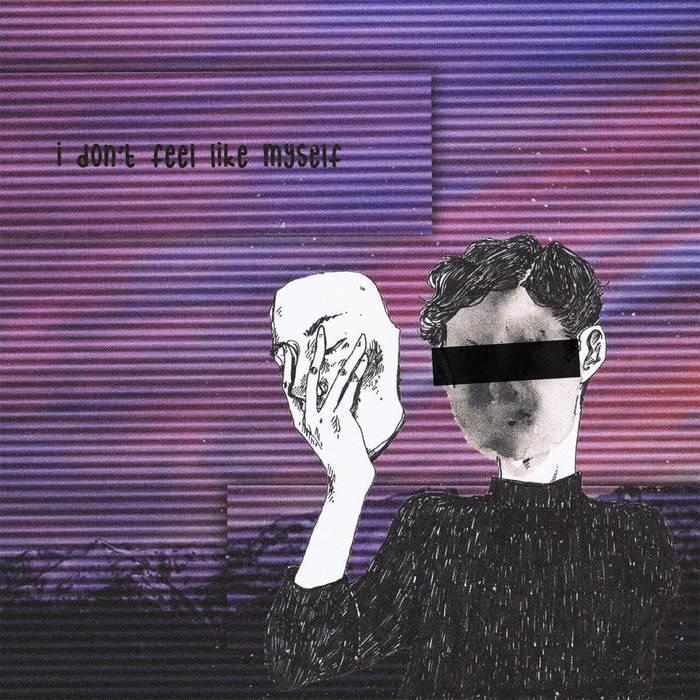
And when you see yourself as a whole person (flaws, strengths, and all), you start believing in yourself more, and thus your self-esteem increases.
4. You hate being alone
If you can’t stand being alone with your thoughts, it probably means you don’t know yourself because knowing yourself also means accepting yourself.
And when you’re alone, it’s more likely for you to beat yourself up about past decisions or start asking yourself things you don’t want to face.
If you’re unhappy in your relationship and don’t want to admit it, for example, being alone may expose those feelings very easily.
And if you don’t want to admit how unhappy you are, avoiding spending time alone might be a coping mechanism.
Knowing yourself doesn’t only mean being able to give a complete description of who you are, but also being in touch with your own feelings, and understanding and accepting yourself.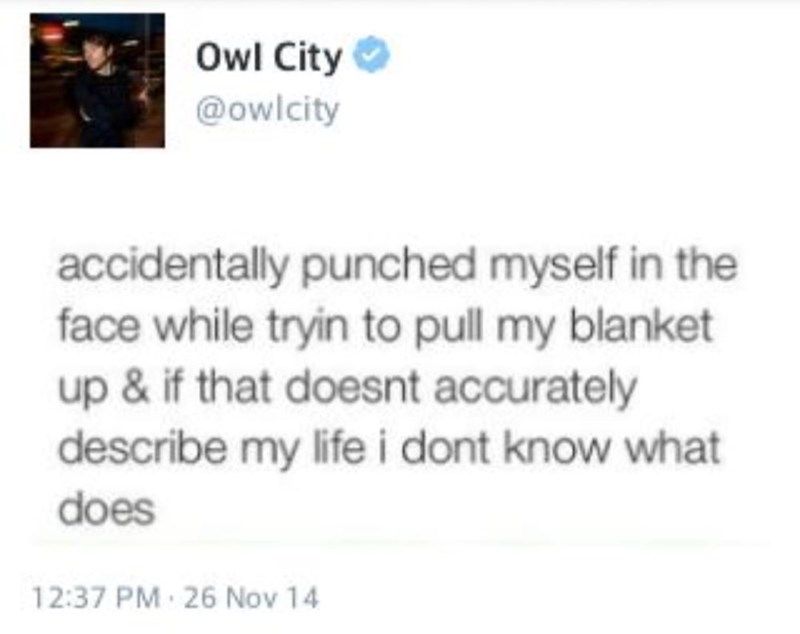
5. You expect others to tell you what to do
If you don’t know yourself enough, you probably expect others to tell you:
- what you “should” do
- how you “should” feel
- how to react (or not).
Here applies the classic example of letting others decide if you should be happy in a relationship or not, instead of letting your own feelings, standards, and intelligence guide you.
We’ve all had that friend asking if what her partner did is bad enough for her to break up with him, right?
Or maybe you don’t like your job even though it’s “prestigious” or highly sought-after, so you’re scared to say out loud that you can’t stand it and you just want to quit.
You’re the one who needs to decide if you stay or leave any situation, and knowing yourself better is the only thing that’s going to give you the tools to make the right choice for yourself.
6.
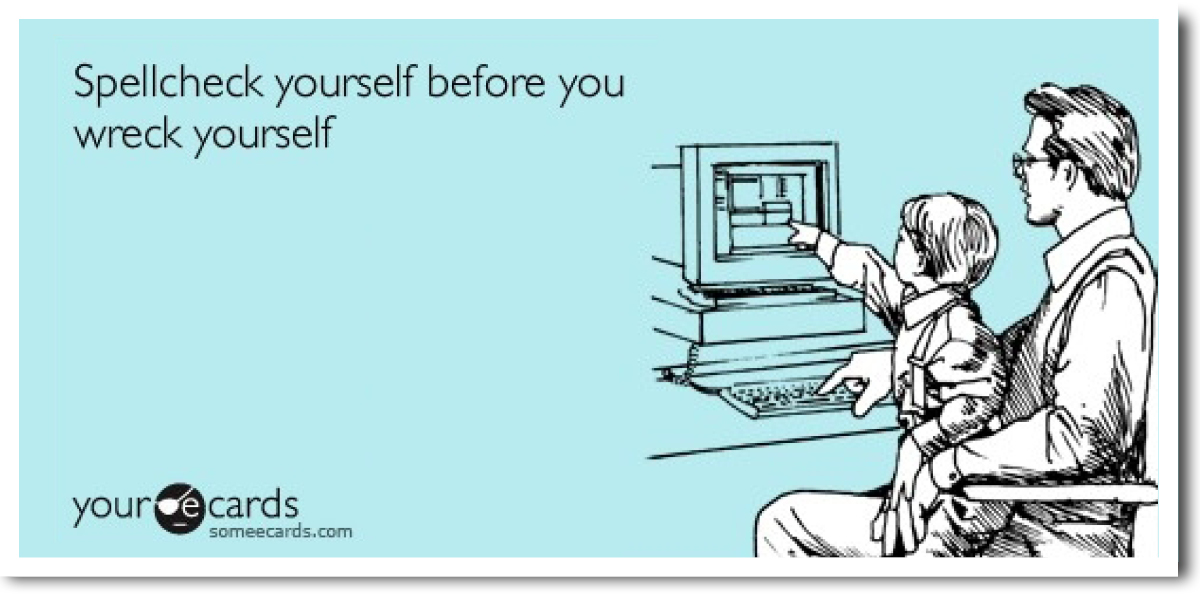 You live your life by other people’s standards and definitions
You live your life by other people’s standards and definitionsYou, like the rest of the people in this world, have your own definition of things like:
- success
- love
- happiness
- fun.
For some people, going out to dance and have drinks is fun.
For others, watching a movie at home is fun.
Some people think cooking is fun, while for others cooking’s plain boring and nothing more than another household chore.
The interesting thing is that none of them is right, and none of them is wrong.
It’s just the way it is for each person.
The same goes for success and love, for instance.
Maybe for you being successful means having a 9-5 that pays well and makes you happy, but for other people, success means having millions of dollars in the bank.
When you don’t know yourself, you don’t know what’s fun or success to you so you let others decide for you.
Knowing yourself means knowing what these important things mean to you and letting that meaning guide you through the choices you make.
7. You let others take advantage of you
You care more about other people liking you than you probably should because you’re not entirely sure of who you are and you’re not confident enough to show up fully yourself.
So, in your quest for seeing approval on the outside, you end up giving more of yourself than you need to.
8. You don’t know how to set goals or priorities
If you find yourself juggling a bunch of things that really don’t matter that much to you in the end, it means you don’t know yourself or what you want.
The only way to know what your priorities are so you can set goals and plan effectively is by knowing yourself.
9. It’s tough for you to make decisions
Your principles, values, and philosophies of life are what ultimately guide your choices, whether you realize it or not.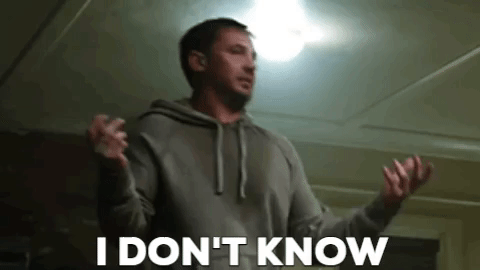
If you’re in a complicated situation that requires you to make a difficult choice and you don’t know yourself enough or what you want, you’ll probably:
- postpone making the choice
- ask others what you should do
- stress out about it
- keep wondering if you made the right choice or not.
However, when you know what matters to you, you’ll see that it’s easier for you to make decisions and you’ll also make better ones.
10. You have no goals or dreams
You’re so disconnected from your desires, needs, and wants, that you have no idea what your dreams and most meaningful life goals are.
11. You believe everything people say about you
When you don’t have a clear sense of who you are, you tend to define yourself according to what people say about you.
So, for example, if your parents used to tell you time and time again that you’re lazy, you probably grew up describing yourself as lazy.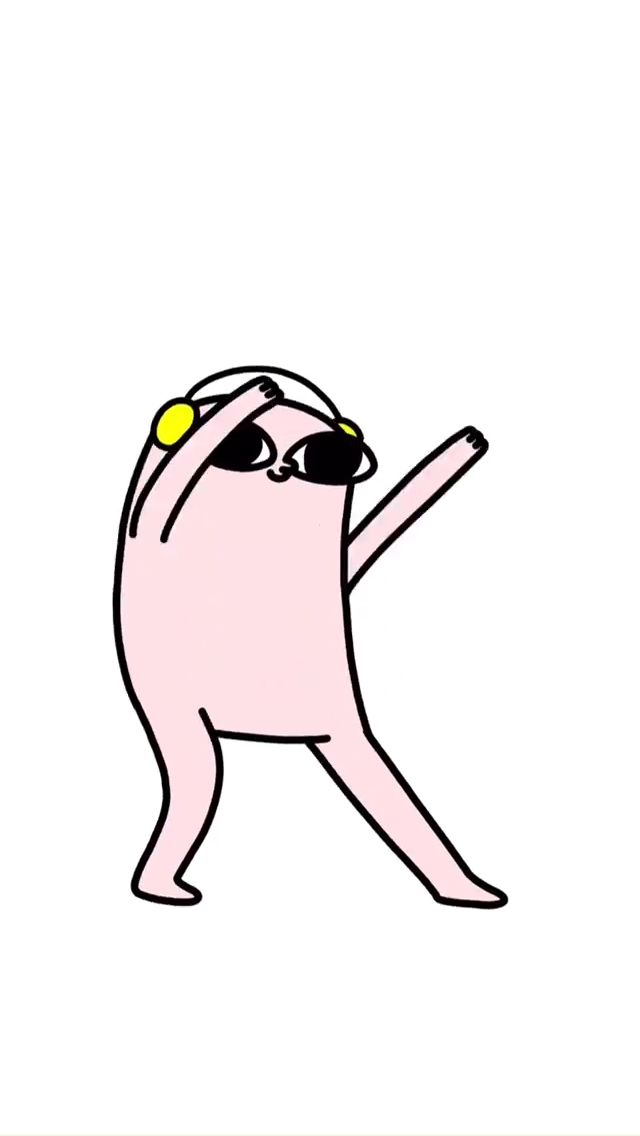
And the worst part is that you will keep doing it unless you see yourself for who you really are and not for what other people think or used to think of you.
12. It’s hard for you to say “no”
You think your value’s so attached to how people perceive you that you’re willing to do anything just to be liked, and that includes saying yes to everything people ask you to do.
6 Tips to Know Yourself Better1. Practice journalingThe Self-Discovery Bundle is a great way to start because it’ll help you know yourself using beginner-friendly guided journaling.
With it, you’ll get a set of seven journaling workbooks designed to help you know and understand your:
- feelings
- dreams
- fears
- mindset
- strengths
- self-talk
- habits.
What makes these workbooks different from many others is that the prompts are clear, and each page includes an explanation about the prompt to help you dig deeper.
Plus, they each include a model workbook with sample answers to guide you in case you don’t know how to answer one of the prompts.
The Self-Discovery Bundle is designed to help people like you find direction in life through fun and thought-provoking journaling prompts.
It’s the tool I wish I had on hand when I felt lost and stuck a couple of years ago, so I’m confident it’s going to make a difference in your life.
Becoming self-aware and being in touch with yourself at every moment is the most solid foundation to build an intentional life, and I’m sure journaling can help you get there.
2. Let yourself grow and changeKnowing yourself doesn’t mean you have to stay in a box and be so sure of what you are, that you’ll never change.
Absolutely everything that happens around you, from big to small things, like:
- watching an impactful movie
- meeting someone new
- getting a pet for the first time
can impact you enough to change you forever.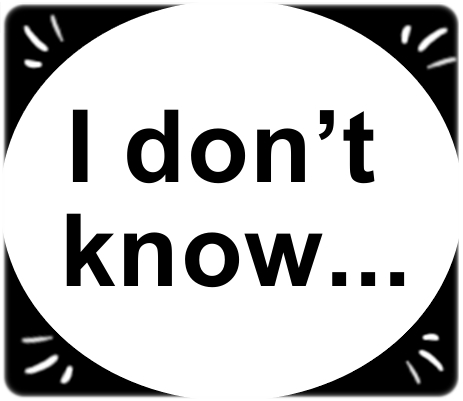
Knowing yourself means also knowing you’re a human being who’s constantly evolving and growing.
Don’t limit yourself to a set of adjectives that describe you right now and call it a day.
Like I said before, self-discovery is a life-long journey that never stops.
3. Study your environmentTaking responsibility for your own life is key to self-growth.
However, there’s no denying that your environment plays a key role in who you are.
To understand and know yourself better, analyze the people you spend the most time with or the things you do the most.
Do you seem to attract problematic people? What do you think that says about you?
4. Put intention behind everything you doPractice doing things intentionally instead of just doing them because you’re supposed to, or because you’ve always done them.
To do things with intention, simply ask yourself “Why am I doing this? And why am I doing it this way?” every time you’re about to do something, anything.
I know it can be hard to remember, but after doing it the first couple of times you’ll see the impact this has on you and probably want to continue doing it.
5. Challenge the stories you tell yourselfEvery time you’re coming up with your own explanations or conclusions for things you’re not really sure about, pay attention.
For instance, if a coworker doesn’t invite you to her baby shower and you think you two are closed enough for you to go, how do you react?
If you start rambling about all the reasons why she must be mad at you instead of going straight to ask her why, this is a good chance for you to explore your self-talk and the stories you tell yourself.
We call them “stories” not necessarily because they’re entirely fictional.
They could be based on past experiences that taught you something about how people behave, for example, and then you got stuck thinking it applies to every situation in life.
However, they aren’t entirely true either.
And they can be both negative and positive.
Analyzing the ways you react under these circumstances can teach you a lot about yourself because you’ll start to notice patterns like:
- “Everyone’s mad at me for no apparent reason” when in reality people are just busy and sometimes they just forget about things;
- “I’m always defensive” when in reality you’ve tried to be polite in a specific situation before but now you’re reaching the top limits of your patience;
- “I’m so funny and even though my jokes are offensive, my coworkers get them and love them,” when in reality people are just trying to avoid an awkward situation, so they laugh about your offensive jokes
- “I procrastinate a lot,” when what’s actually happening is that you don’t understand the task at hand and also need a break.
The Self-Talk Workbook included in the Self-Discovery Bundle will help you dig deeper into this to help you:
- uncover the stories you tell yourself
- find the root of those stories
- turn your inner critic into your biggest cheerleader.
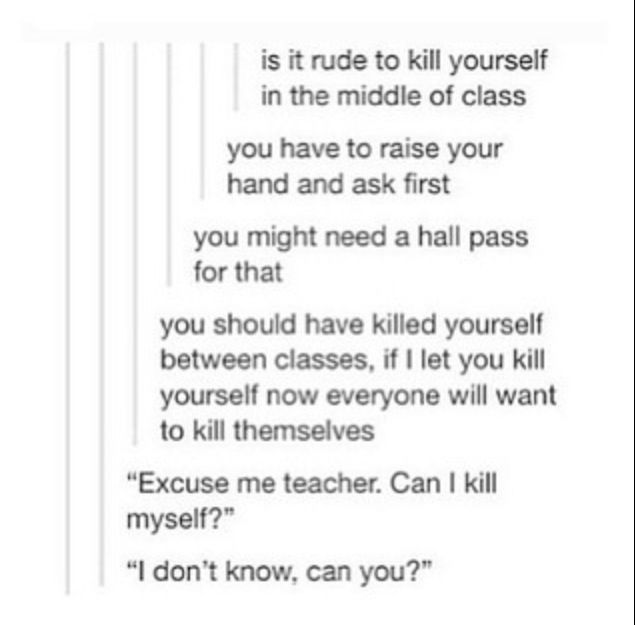
From now on, get into the habit of trying to find the root of your feelings.
For instance, saying you don’t like your job is just the surface of the issue.
What exactly do you dislike about it?
So, every time you say you like or don’t like something, ask yourself why.
Wrong Signs You Don’t Know YourselfThere are a couple of things you could be confusing with not knowing yourself.
1. You’ve changed your mind about thingsChanging your mind could mean you don’t know yourself, but it can also mean you’re trying to adapt to different situations very quickly.
It can also mean your priorities aren’t clear.
However, keep in mind that you’re always changing and evolving.
If you loved your career 10 years ago but now you don’t, that doesn’t mean you didn’t know yourself.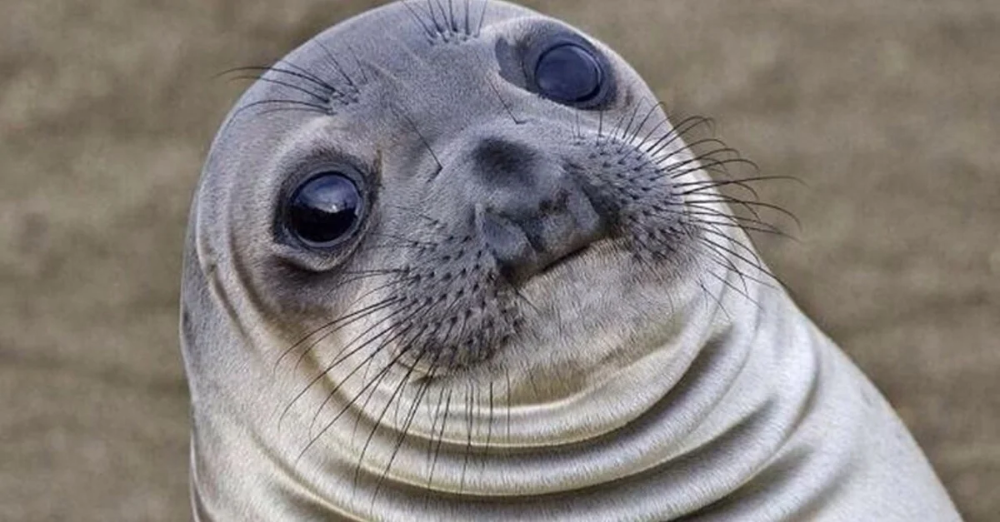
It can only mean you’ve changed, and that’s okay.
2. You change how you behave according to who you’re withThis doesn’t mean you don’t know yourself because we all adapt to different social situations, and that’s actually part of what makes us successful at being social.
You can be serious and professional in one setting, and very funny and goofy in others.
You can be loving with some people and tough with others.
And that takes me to my last point in this section.
3. You can’t define yourself using adjectivesSome people freak out when they realize they go blank when trying to describe themselves.
Maybe this has happened to you; you tried to give a list of adjectives that describe you and realized you couldn’t.
You either couldn’t think of a single one or thought of so many, many of them were conflicting.
Well, you’re a complex human being and the words you choose to describe yourself don’t depend on who you are, but on the situation.
You can be many things at once.
And if you try to come up with words that describe you, you’ll realize some of them are incompatible with others on your list because you can be:
- patient in some situations but impatient in others;
- organized for some things and disorganized for others;
- quiet and shy in front of some people, and outgoing in front of others.
And no, that doesn’t mean there’s something wrong with you.
Enjoy the complexity and the beauty of being human, and stop trying to put yourself in a box 🙂
The Bottom LineKnowing yourself is a lifelong journey; we’re always changing, evolving, and growing.
It’s part of life, and it’s good for you.
Know yourself and, most importantly, love yourself at every stage of your life. ❤️
Every experience, big or small, from your past shaped who you are today so never regret anything you were or went through before.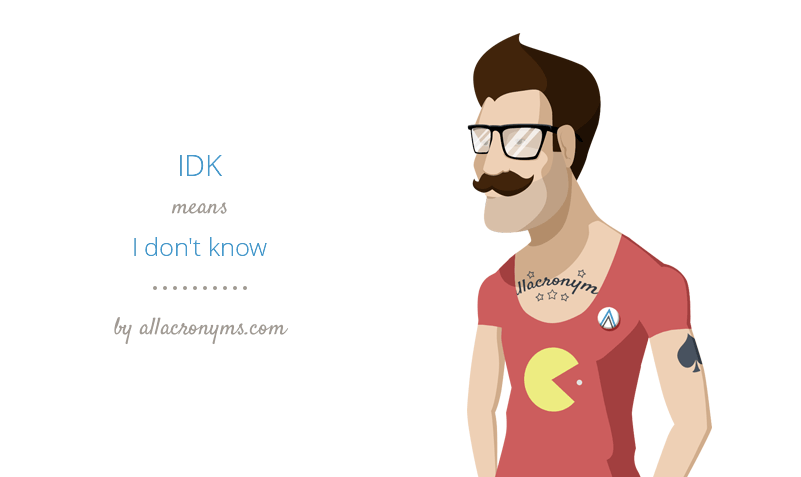
Commit to taking some minutes every day to pay attention to how you feel and think, and that’ll help you feel more connected to yourself.
"I feel like I don't know myself": What to do about it.
If you don't know who you are, it can be hard to live a life that feels meaningful and authentic.
Not knowing yourself can make you feel lost, confused, stuck, and unsettled. You're more likely to seek validation from others, doubt yourself, second guess yourself, be self-critical, and operate on autopilot.
One of the things you can do to help yourself is to know yourself better, but this isn't always straightforward.
For much of my adult life, I thought I knew who I was and had a pretty good gauge of the trajectory of my life.
By the time I finished college and got my license to practice dental hygiene, I bought into the belief that my life had to play out a certain way.
A life that mimicked my parents' life and the American dream.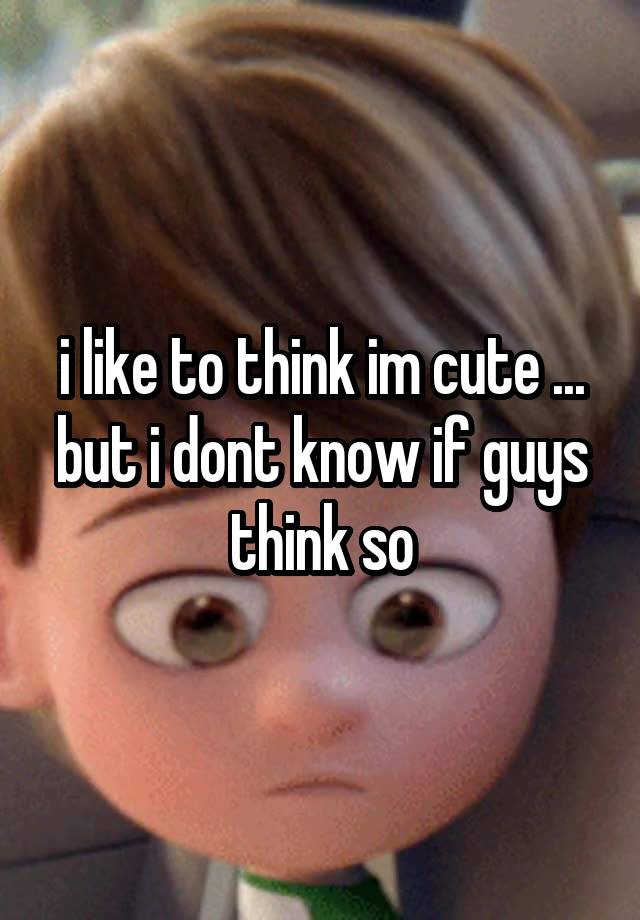 Go to school, get a job, get married, have kids, and stay in my chosen career until I retire. It was a great plan, until it wasn't.
Go to school, get a job, get married, have kids, and stay in my chosen career until I retire. It was a great plan, until it wasn't.
There wasn't anything wrong with this plan, but there was something deep inside that didn't feel right.
I kept ignoring and denying there was anything wrong with me and over time, I went through a sort of existential crisis because I didn't know who I was anymore.
To make matters worse, I felt guilty for feeling this way because I had many privileges and opportunities that so many others did not, yet I felt unhappy.
I didn't know where to turn to or who to even ask for help, so I kept my feelings inside not knowing it was normal to feel dissatisfied with your life even if everything turned out the way you planned.
Fortunately, you don't have to spend years looking for a place to start or denying that there's anything wrong as I did.
I want you to know that it's okay to think, "I don't know myself", even if you spent most of your life identifying a certain way.
You may find yourself right away, or it can take months, years, or even an entire lifetime to discover yourself and reinvent who you are.
The most important thing to remember is to trust yourself. You know yourself more than you think. Trust those feelings inside that come up when something feels wrong or something feels so right.
Be aware of who you are in the present moment and of any feelings that come up, pleasant or unpleasant, so you can become more familiar with yourself.
In this article, I'm going to share with you how you can know yourself better so that you can eventually go down the path of self-actualization and lead a life that feels more authentic, meaningful, and joyful.
Third Bliss is part of Amazon Associates & affiliate programs. I'll earn a commission, at no cost to you, if you make a purchase. Thanks for your support! Read full disclaimer.
Your identity and how it's formed.
Your identity is a very important aspect of who you are.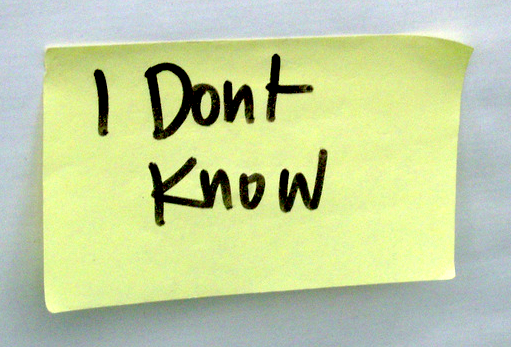
It's how you define yourself and how you see yourself in relation to others and the world around you. Identity forms as early as childhood and continues to develop into adulthood.
So much of your identity is shaped by other people that it can be hard to understand who we really are without them.
One of the ways your identity can be formed is by your family or those closest to you. These can be people in your immediate inner circle such as your mom, dad, spouse, sibling, child, etc.
Another way your identity forms is by your social circle as your friends, classmates, coworkers, teammates, club members, and church members.
Then you have different cultures & societal roles such as religious beliefs, gender, age, socioeconomic status, race, ethnicity, ethnic groupings (such as Asian American), gender roles, and expectations of what is masculine, feminine, etc.
You also have your environment, which can also influence who you are, such as your immediate surroundings (e.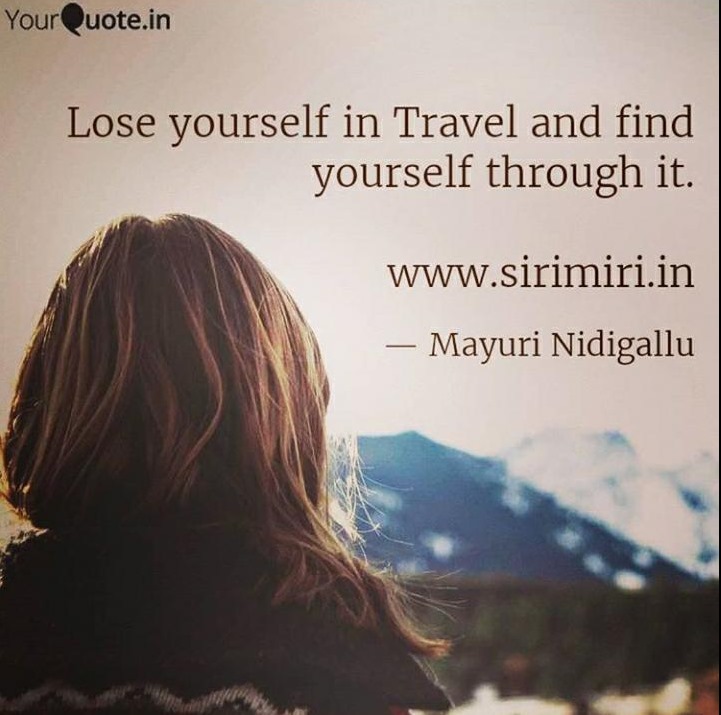 g. your neighborhood), how you organize your space (e.g., desk at work), what city you live in (e.g., near the beach, desert, or mountains) the school you attend (e.g., private or public), and where you work (from home or an office).
g. your neighborhood), how you organize your space (e.g., desk at work), what city you live in (e.g., near the beach, desert, or mountains) the school you attend (e.g., private or public), and where you work (from home or an office).
Your identity may even change over time based on external influences and experiences. All of these factors can contribute to your identity and the person that you are right now.
The science behind how your identity is formed.
Here are some science-based facts to help you better understand how your identity is formed and how they impact your life.
What you believe about yourself (your self-concept).
The first part — your self-concept — is formed by the messages that people have given you throughout your life. These messages can come from many sources: family, friends, teachers, and coworkers. Your beliefs are also influenced by your culture and society as a whole. These messages may be positive or negative depending on the situation, but they all shape who you think you are at any given time in life.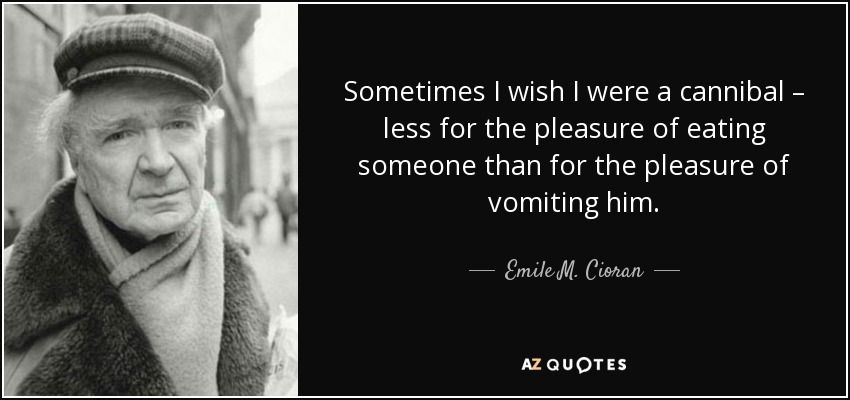
How others see you (your reputation).
The second part — how others see you — is what others perceive about your character from their own experiences with you. This perception will change over time as people gain more information about who you really are through interactions with one another.
Erik Erikson.
Erik Erikson was a psychologist who studied identity formation in children and adults.
He developed an 8-stage model that helps us understand how identity forms:
1) Infancy: Trust vs Mistrust: You need to trust others in order to develop a sense of self. If there’s something wrong with your caregiver or if they aren’t trustworthy, this can create problems later in life when it comes to forming relationships with others. A good example of this would be if your parents had issues with anger management or substance abuse during this stage – this could affect how well you trust others as an adult.
2) Early Childhood: Autonomy vs Shame: This stage is about exploration and increasing independence while maintaining a sense of security and safety from their caregivers.
3) Play Age: Initiative vs Guilt: Kids this age likely have peers that they interact with and begin to assert their will on others & their caregivers; test boundaries on others; have others impose their will on them thus creating guilt & shame
4) School Age: Industry vs Inferiority: This is the age when kids model their behavior based on their peers, authority figures, and societal norms. If the child is successful in her endeavors, she becomes more industrious. If the child fails, he feels a sense of inferiority. There is a balance between the two to maintain confidence and humility.
5) Adolescence Period: Identity vs Identity Confusion: This adolescent period is a transition from child to adult. The adolescent becomes more independent as he learns about the roles of adulthood. Failure to establish a sense of identity can lead to identity confusion and not knowing oneself.
6) Young Adulthood: Intimacy vs Isolation: This stage is a time to become more intimate and form close bonds with people other than family members.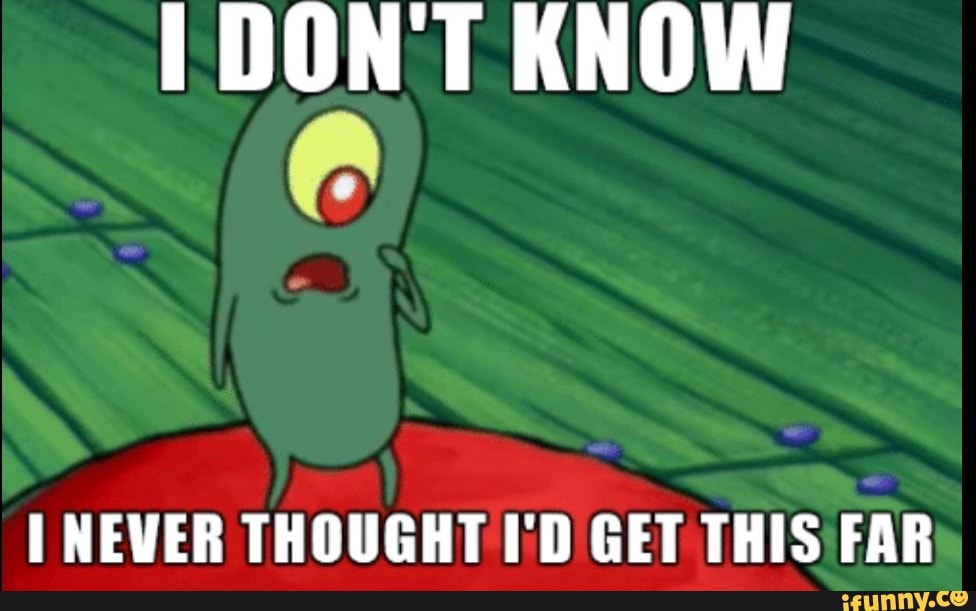 Failure to do so can lead to feelings of isolation and even depression.
Failure to do so can lead to feelings of isolation and even depression.
7) Adulthood Period: Generativity vs Stagnation/Self-Absorption: This period is considered middle age, from 40-65 years old and people feel the need to create or nurture something to give back to the world. Failure to do so can lead to feelings of disconnection and stagnation. Success within this period can feel like you are a part of something lasting and bigger than yourself.
8) Old Age Period: Integrity vs Despair: This stage of development is from retirement age until death. People will either feel a sense of closure, acceptance, wisdom, and integrity. Or they can develop feelings of despair if they felt like they didn't accomplish what they wanted to do.
This theory of development can help explain why many people feel lost at different times in their lives — because they might be facing a different kind of struggle or conflict than they did at each developmental stage of their life.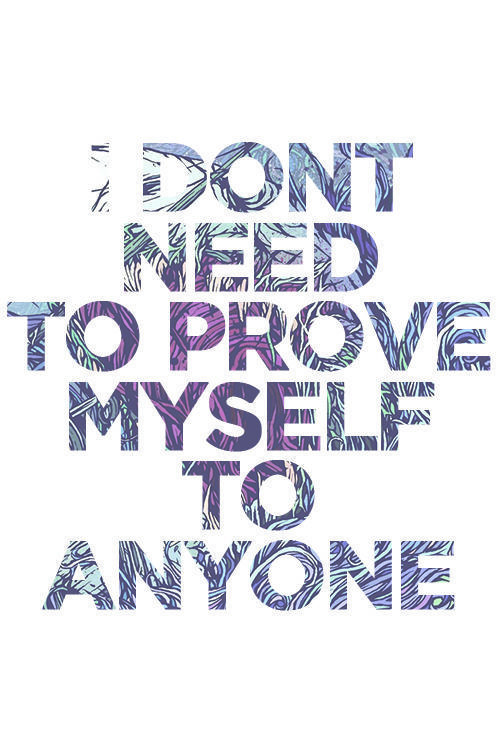
Why you don't know yourself.
There can be a multitude of reasons why you don't know yourself.
You may not know who you are because you may not be fully aware of your values, beliefs, behaviors, and thoughts. You're not paying attention to how you feel, what you are thinking, what you're saying, or how you're acting.
Or you're stuck in a routine, not fully knowing that you are, but sensing that there is more to life than what you're currently experiencing.
You could be too busy taking care of and worrying about other people or concerned with what everyone else is doing that it's hard to see past this way of life.
Maybe no one ever told you how important it is to know who you are because no one ever encouraged you to learn more about yourself or discover what makes your heart sing.
Or maybe you're afraid to look inside, and face what's there. You're afraid to acknowledge your faults and weaknesses; ask questions because you might look like a fool, or make mistakes so instead, you keep your head buried in the proverbial sand.
Another reason could be your past experiences. You've may have been conditioned to behave a certain way. Or you may have been taught to think a certain way about certain things, but those lessons may be out of date now.
If you cling to old habits and ways without questioning them or trying something new, you could remain stuck in your ways, not knowing what you're capable of, and having a narrow view of yourself and the world.
The benefits of knowing who you are.
We all have many different aspects of ourselves — some that we're aware of and others that may be hidden from view. But it's important to know who we truly are because it can help guide decisions throughout our lives, whether it's about education, career choices or even relationships with family members or friends.
Knowing who you are is important because you are unique, you have a personality, interests, and goals that set you apart from everyone else.
Knowing yourself gives you confidence and allows you to be more authentic in your daily life.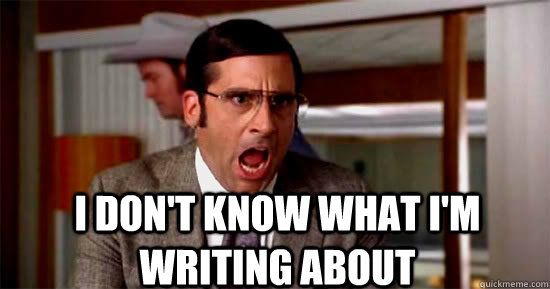
When you know yourself, it can help you understand why you do what you do. This can help you better understand other people as well as yourself because it provides insight into why they do what they do as well.
The key lies behind the science of how identity is formed, which starts in the brain. There is a phenomenon called neuroplasticity: our brain's ability to change over time and adapt to experiences we have over our lifetime.
This concept has been recognized for centuries as a fundamental part of human nature by some of history's most influential thinkers, such as Aristotle, Plato, and the Buddha.
Neuroplasticity is the brain's ability to change over time by forming new neural pathways and eliminating old ones. This occurs through learning and experience, both of which can strengthen or weaken existing connections between neurons.
Neuroplasticity enables us to develop new skills and learn new behaviors, but it also makes us who we are. It's how we form our identity, which is constantly changing as new information comes in and old information goes out.
It's how we form our identity, which is constantly changing as new information comes in and old information goes out.
Ways to get to know yourself better.
To help clarify who you are and what you want, try the following strategies:
Become more self-aware.
You need to increase your awareness of how you feel about yourself, other people and the world around you if you want to know yourself better. You can do this by being more mindful of your experiences, thoughts and feelings.
The more aware you are of your thoughts, feelings and behaviors, the more you know yourself and this will help you become more confident in yourself so you can take charge of your own life.
Journal.
Journaling can be a powerful tool for self-discovery. It helps you see patterns in your life and identify changes that need to be made. Consider writing a daily journal entry where you explore what matters most to you and how this affects your life choices.
The Artist’s Way is an excellent book that guides readers through exercises aimed at increasing creativity and self-awareness through journaling and other artistic activities.
Morning pages, which are discussed in detail in the book, are another helpful tool for clarifying thoughts and feelings by writing them down first thing in the morning before getting out of bed (or before starting work).
Be honest with yourself.
One of the best ways to get to the root of who you are is to simply be honest with yourself. Don't deny your thoughts or feelings when they are intense or bothering you.
Look at your emotions and ideas with bravery and honesty so you can truly know who you are. Don't try to be something you're not.
Identify your core beliefs and values. Then, spend time alone exploring what you want for yourself and for others, and how you will make that happen.
Find your purpose in life.
Your purpose in life is the reason why you get up in the morning and studies have shown that having a purpose in life can not only help you know yourself better, but can make you more resilient.
You're more likely to follow through if you want to change your life for the better and people who have a purpose have better health outcomes.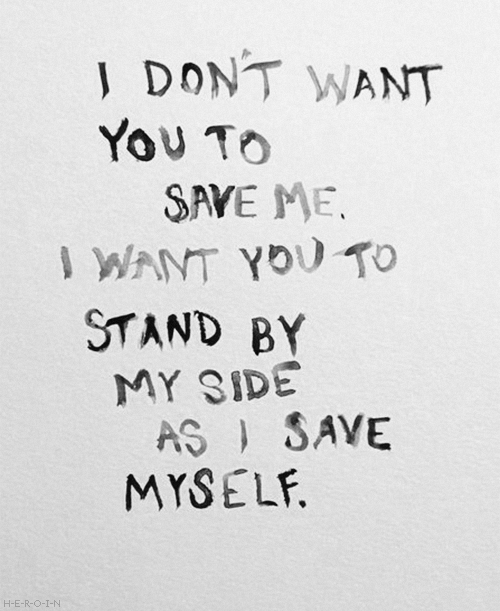
Get out of your comfort zone.
Getting out of your comfort zone can help you explore new ideas, concepts, and ways of doing things if you don't know yourself well and you have no idea where to start.
Although we like our comfort, sometimes a bit of unpredictability and disorder can be good for us. If there's something that has always intrigued you, go and try it out. If this thought seems scary, start with something small, like smiling or saying hi to a stranger.
Find social support.
Sometimes other people know you better than you know yourself, so it doesn't hurt to ask. You can ask someone who knows you well what your strengths and weaknesses are, what they like or dislike about you, and what your characteristics and traits are.
Follow your bliss.
"If you follow your bliss you put yourself on a kind of track that has ben there all the while, waiting for you, and the life that you ought to be living is the one you are living.
" - Joseph Campbell
One of the best ways to know yourself is to follow the things that make you feel joyful and happy. These are the things that make your life more meaningful and satisfying.
If you need help following your bliss, I have a free guide you can download below to help you discover your true bliss and more!
I am confused and do not know who I am. How to find yourself? - www.ellegirl.ru
Love
Answer: A little background, as usual: When dealing with people, a girl behaves as the situation requires, and not as she wants. He does not say what he wants, and does not always do what he really wants. This happens involuntarily, she is well aware that this is happening, but does not know how to fix it. Is it possible to become yourself again and how to understand who you really are, now we’ll figure it out.
We are greatly influenced by the environment and rules of behavior in society. They say don’t do this, otherwise they will laugh at you, don’t dress like that - it’s stupid, don’t meet with him - he’s a fool, but don’t eat this - some Internet portal wrote that it’s harmful. But we are influenced not only by society, but also by social networks in which we sit for days. So I'll be a grumpy granny in this matter and say that your "losing yourself" is largely the influence of social networks and a certain culture that everyone calls "correct".
But we are influenced not only by society, but also by social networks in which we sit for days. So I'll be a grumpy granny in this matter and say that your "losing yourself" is largely the influence of social networks and a certain culture that everyone calls "correct".
- Photo
- tumblr.com
It comes in different ways: from childhood, a mother tells someone that girls behave this way and not otherwise, so the girl stops following her desires and does what is right. Some people have upheavals in their lives - they are ridiculed simply because they can, and the person withdraws into himself, trying to remake himself to please everyone. Someone is into something, like a TV series, and tries to be like a hero, etc. In general, one way or another, we create an image for ourselves, and then we cannot get out of it. Of course, this is bad, but for the most part, fear is hidden behind all this. The main thing is to understand what exactly you are afraid of. Why don't you say what you want and behave differently?
The main thing is to understand what exactly you are afraid of. Why don't you say what you want and behave differently?
Signs that you are losing yourself
- You become very dependent on the opinions of others, their approval, disapproval and evaluations.
- At first you are sure that everything will work out for you, but after a while doubts appear, developing into depressive thoughts that are difficult to cope with.
- You want to appear nice/cool/smart to others. You try to be perfect, but you can't and you get frustrated.
- Photo
- tumblr.com
How to deal with it
Step one: Be aware of what's going on. I'm talking about the same fear, what are you afraid of? Don't look cool? Don't like someone you like? Are you afraid that you will not be understood and laughed at? Do you suppose that some information and your openness will be used against you? Realize exactly what the problem is and start working on it.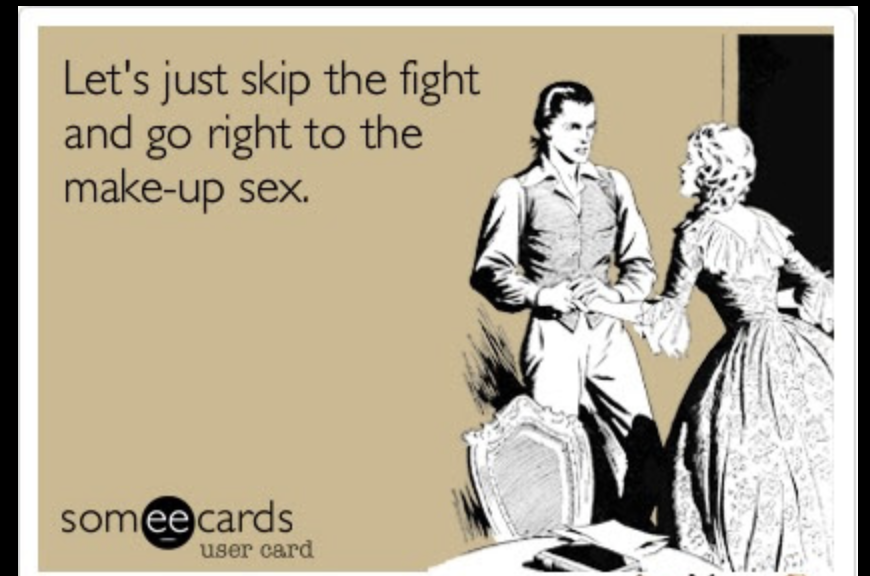
Step two: Self-hypnosis. Just the same job - convince yourself that they won’t use it against you, they won’t laugh at you, you deserve to be yourself, and in general the world will not collapse if you stop pretending. Life will really become easier for you as soon as you drop the mask. And it's worth the try.
- Photo
- tumblr.com
Step three: Make up your mind. Just go ahead and do what you're afraid of one day - be honest. Say that you don't like this music, that you love that movie, that your style suits you, and physics is not your thing, you want to sing.
Step Four: Listen to yourself. Listen to yourself. If you do not do what you want, an unpleasant feeling will arise inside you, and at this very moment, sharply replay everything and express your true opinion. You don’t need to look for yourself - just do what you want, and your true “I” will form by itself.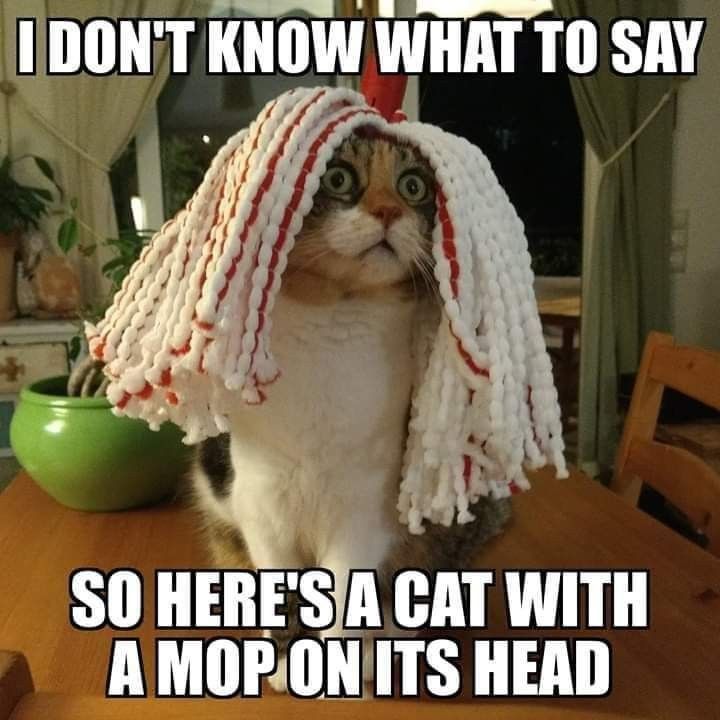
- Photo
- tumblr.com
I hope you succeed, and to make it easier for you, I recommend reading literature on self-development and psychology, for example, Osho's books helped me.
You can ask your questions here. We promise to answer EVERYTHING!
Anna Bratchikova
Tags
- question of the day
- self-development
I don't know what I want. What to do? - Personal experience on vc.ru
Home-work-home, a bit of boredom and loneliness in the evenings, killed in the social. networks and series. Everything seems to be fine, but I want something more. But what exactly is unclear. How to cheer up and understand what you want? I'll tell you how I got out of the zombie life.
211 281 views
Read filter
This article will not please those who:
- Seek to renounce the worldly and live in the Himalayas;
- Fans of "wish fulfillment marathons", where they are invited to dream of a Rolls-Royce and an oligarch husband in two weeks;
I have nothing against the above, but further material will be based on the opposite theses:
- Normally, a healthy person constantly wants, desires and strives for something;
- With adequate self-esteem, a person desires what is available to him right now or with some effort;
- An adult fulfills his desires on his own, and does not expect this from other people.

Problem statement
A well-formulated question contains half the answer, so I'll start by clarifying the wording: "I don't know what I want."
First, "I want" is about desires, and desires are usually felt/experienced. Desires come from the realm of feelings and emotions (until they turn into goals). "I know" is about thoughts and the brain. Therefore, at least a more correct wording would be:
I don't feel my desires.
Here you can clarify again: why can't I feel them? Options are possible:
- I have no desires, nothing to feel 😩
- I can't realize/hear/formulate my desires, but they still exist 😍
When a person has no desires at all, this is the state of a vegetable and a clinical diagnosis.
Most of us experience at least primitive desires: to eat, sleep, go to the toilet. Of course, these are not the desires for which you are reading this article, but nevertheless they are desires.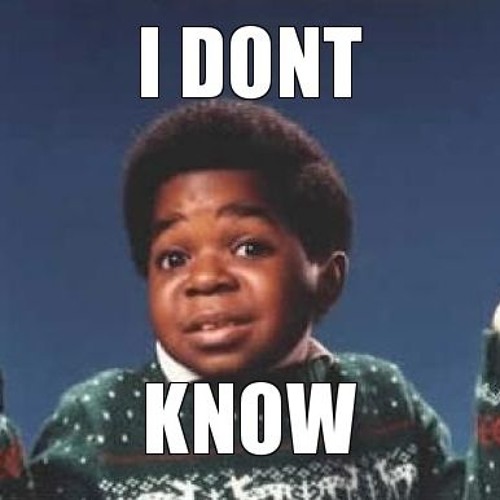 We even say about them “I want to eat”, “I want to sleep”. And at least at the moment when we really want to go to the toilet, we know exactly what we want :)
We even say about them “I want to eat”, “I want to sleep”. And at least at the moment when we really want to go to the toilet, we know exactly what we want :)
Therefore, for my research, I will choose the wording:
I can't feel my desires.
Why don't we feel our desires?
Mikhail Labkovsky drowns because everything comes from childhood:
Why doesn't a person know what he wants? How can you not know at all? Yes, easily. We will have to talk about childhood again, when parents impose their will on 10-, 12-, 15-, and sometimes 40-year-old children. Rather, they are simply not interested in what the child wants there. Cottage cheese, cereal or scrambled eggs, for example, for breakfast? A teenager may not be asked what he himself wants to become ... This, in principle, does not matter for some parents who "themselves know what is best."
And it turns out no better.It turns out that when it is necessary to choose, when it is important to know what he wants and what is best for him, a child or an adult cannot find a single desire in himself. Not a single desire so clear and strong that it could be formulated. They have no desires.
Mikhail Labkovsky, psychologist
We get so used to the fact that everything is decided for us and our desires are not taken into account that over the years the skill of wanting atrophies.
In my work with a psychologist, I also unearthed such a thing as dissociation: I was often beaten as a child, and at some point I reached a state of indifference and separation of myself from my body: they beat me, but I don’t feel pain, I am apathetic I lie and wait for it to end.
Probably, there are many more reasons why we lose contact with our desires, but both Labkovsky and my psychologist advise about the same thing:
Start tracking the smallest desires and satisfy them.
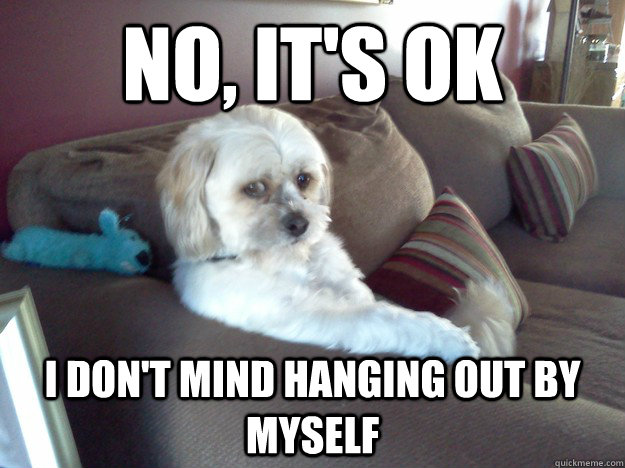
Of course, I would like to immediately feel more global things:
- where to live;
- with whom to live;
- whom to work with;
- things to do;
But my experience has shown that without the stage of realizing even small, but definitely one's own desires, attempts to comprehend global desires lead to stereotypical ideas like "open a business, live by the sea and have a good husband."
Just as you can't come to the gym and become a Schwarzenegger in one workout, so it is here: without knowing what you want for breakfast, it's hard to understand what you want from life.
Start small
I listened to the advice of my psychologist and Labkovsky and started by asking myself once an hour: "What do I want now?", making silence inside and listening to the response. At first, I was aware of very simple desires: get up to stretch, eat a chocolate bar, take a break from work.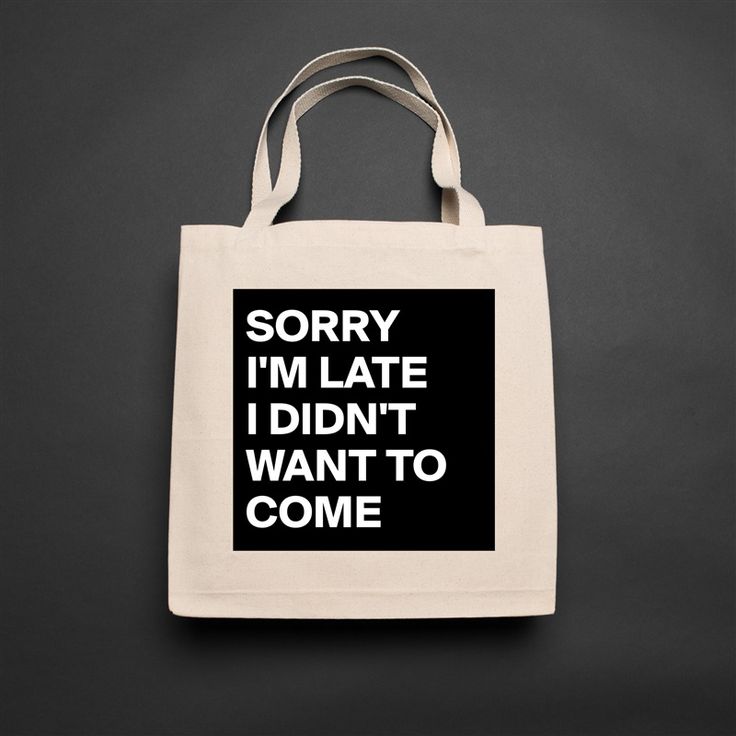 If nothing specific came up, then I went through the checklist:
If nothing specific came up, then I went through the checklist:
- is it comfortable for me to sit/lying down;
- if I want to eat/drink/go to the toilet;
- am I hot/cold;
As a result, I was horrified by how often I ignored my desires. For example, I ignored the primitive desire to go to the toilet in half of the cases, because:
- 5 more minutes, I will finish the letter and go;
- meeting, somehow uncomfortable, suddenly I miss something;
- too lazy to get out of bed in the morning 😂
When the body gets used to being ignored even in such a small way, it is difficult to expect that it will generate desires of a higher order.
I found out the same story with a desire to eat, to stretch. I constantly put them off for the sake of some more important matters from the point of view of the mind.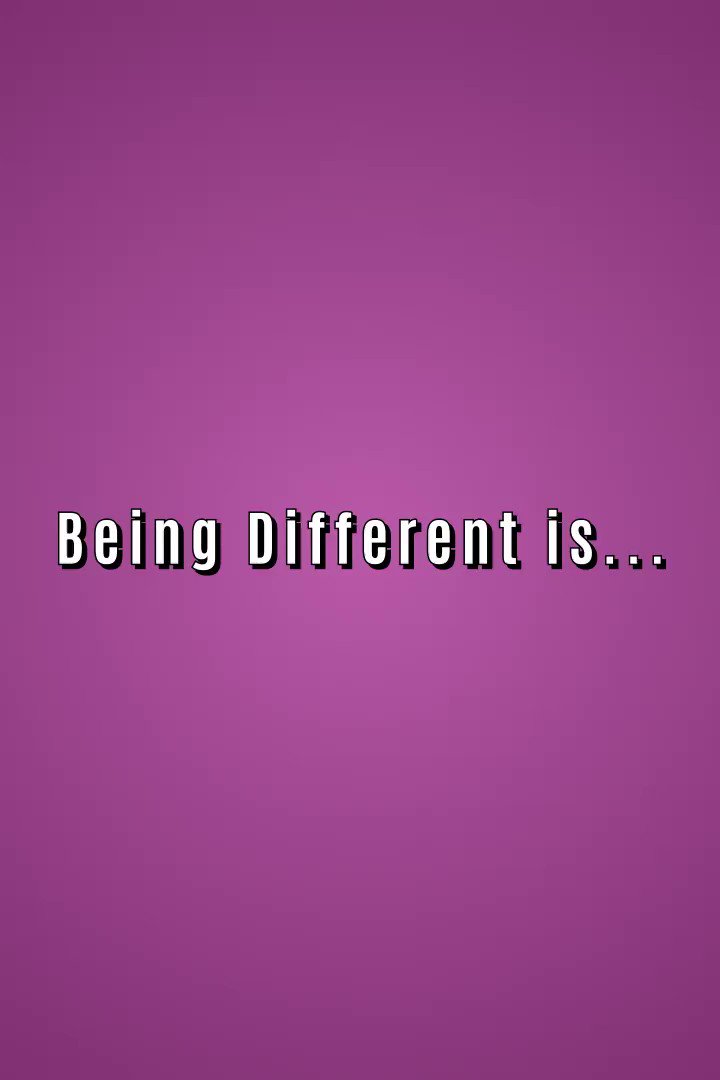
I decided to take a radical approach to the issue and began to satisfy my desires immediately, regardless of the context. Which at first looked rather strange at meetings, for example.
But, I told everyone the story that I'm on a diet and I have to eat by the clock - and everyone was fine with that. When I wanted to warm up, I just said "Everything is numb, I can't", I got up and began to walk around the negotiation room. And I also started going to the toilet when I wanted to 🙈 Incredibly, no one fired me for this))
Moreover, over time, my colleagues saw enough of me and also began to come with food))) And it became a little easier for all of us to live: )
Have a digital detox
Child psychology says that boredom is very useful for a child: it is at the moment when there are no external stimuli that the child is left alone with himself. His attention wanders and it is at this moment that he shows creativity: he invents a new game or activity for himself.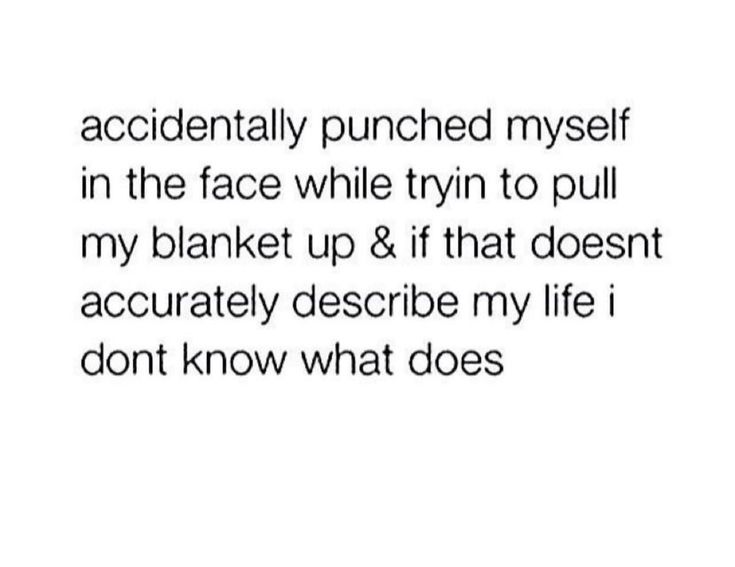
Even today's children, tired of the lack of gadgets, with their long absence, find themselves a new occupation. Sometimes this activity is lying on the couch, which bears little resemblance to creativity. But this also passes (but this is not accurate).
In order to establish contact with oneself, boredom is also useful for adults. Most often, we climb into gadgets precisely in order to escape from boredom, but if we want to hear our desires, then it is much more useful to spend this time alone with ourselves, and not with other people's photos and thoughts. As the Indian proverb says:
Silent days are needed to hear yourself.
I've tried this: sit down and consciously do nothing. Don't think, don't move, don't sleep. It's very hard! One of the reasons why meditation is so bad for many people is the horror of being alone. Anxiety comes, I want to jump off and again stick my attention somewhere. For quite a long time, nothing worked out for me, I didn’t have enough for 2 minutes.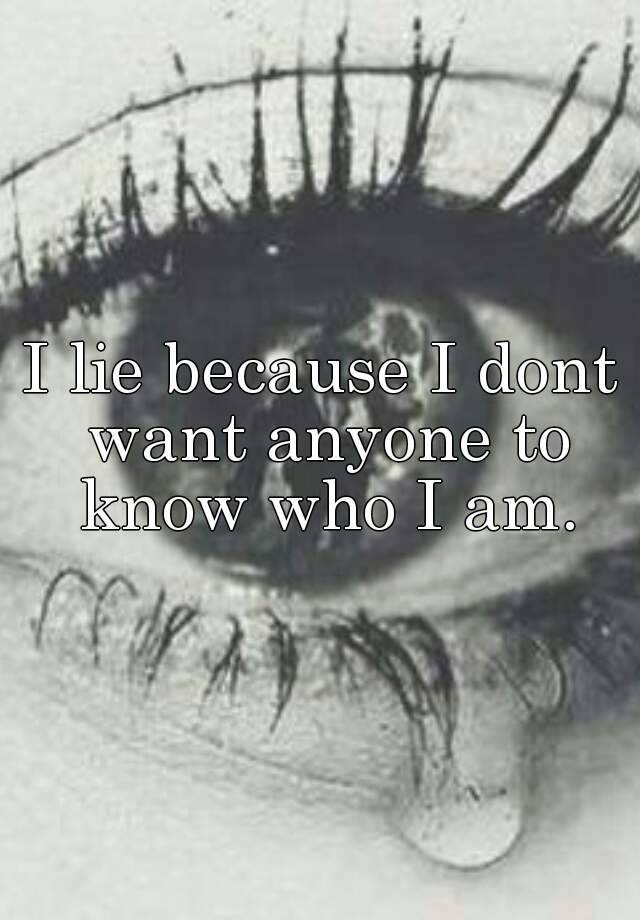
But after a few months, I learned to wander around my body with my attention, to track my emotions. In addition, I turned off all notifications and stopped using the social. networks. I went there only once a day at a fixed time.
I used to reach for the phone every morning after waking up and every evening before going to bed. Now I just lie and think about the day to come, if it's morning, and about the past day, if it's evening. I listen to myself what this day was like or what I want it to become.
Along with keeping track of my small everyday desires, I began to notice that more meaningful desires come to me: call one of my friends, ride a bike, write a post.
Clean up energy leaks
But the biggest breakthrough in understanding my desires happened to me after parting with my ex-husband.
Few people talk about this, but a critical condition for the realization of anything is the presence of free energy.

If all one's strength is spent on hateful work or swearing with a partner, if there is a negative background all the time, then the only desire in this hell is to forget, run away, rest.
My opinion: first you need to leave the emotional hell, otherwise:
1. Desires will be distorted all the time: the desire to avoid suffering will replace the desire for pleasure.
2. No matter how much we support ourselves and rejoice in hell, the energy will still flow away at a faster rate than it comes in.
This is a very difficult step that takes courage. But having done it, a lot of things get better by themselves.
While I was married, I only had enough to live as a zombie in the "home-work-life" style. After parting, I immediately found strength for sports, and for study, and for blogging, and for a new job, and for English. Desires came, and the strength to realize them.
A few closing thoughts
One of the reasons why I don't find "wishing marathons" useful is because they teach you to think:
1.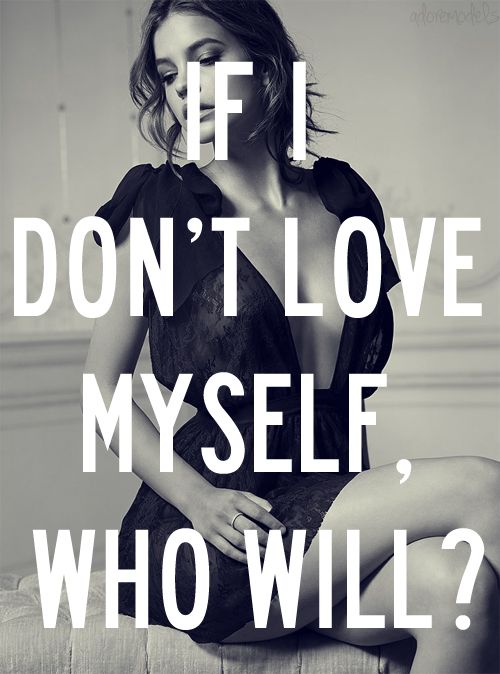 By categories of nouns: I want a fur coat, a husband, a new iPhone, a lot of money.
By categories of nouns: I want a fur coat, a husband, a new iPhone, a lot of money.
2. Desires often go beyond the limits of possibilities: it is expected that someone will give all these nouns.
For me desire is a verb. Moreover, the verb attached to me: I want to go for a walk, write an article on VC, call a friend. The abstract iPhone that lies on the table and that someone should give me as a gift does not in any way stimulate me to take any action. iPhone - separately, I - separately. For me
Desire is what I want to do, not to receive from others.
I want and I do. I don’t wait, I don’t dream, but I do. One of the criteria for the truth of great desires is that they give energy for action, and do not drive into laziness and apathy.
Warning
As you develop your ability to feel desires, you may find that you no longer want to work in this job, live with this person, or live in this city.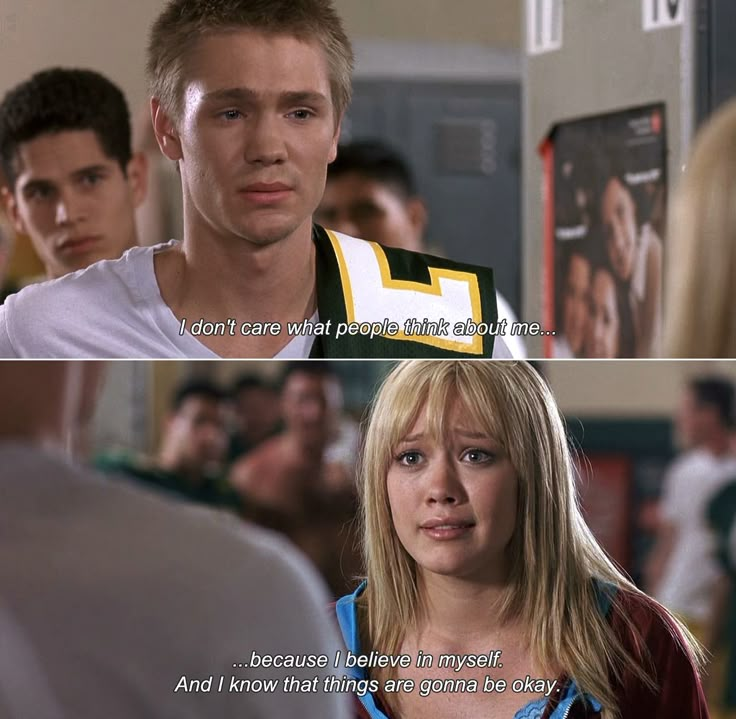 This will have to be dealt with, otherwise it will again be a betrayal of oneself and ignoring one's desires.
This will have to be dealt with, otherwise it will again be a betrayal of oneself and ignoring one's desires.
I had to change my profession, city, country, hobby, find a new environment. And although I'm happy now, I can't say that it was easy.
Total
What is important in the early stages:
1. Take your time, get ready for the marathon. It took me half a year for primitive desires before I began to hear my response about a job, an apartment, a partner, friends, a city.
2. Try to immediately satisfy your desire. Therefore, it is better to formulate it with a verb - so it is clearer what needs to be done.
3. Stay alone with yourself more often, limit social. network, let yourself get bored.
4. Be prepared for big changes and not be afraid.
5. Follow your desires, do not ignore them, do not betray yourself.
I don’t know if such huge texts are read to the end, but if you have read it and you liked it, I invite you to my telegram channel @annakopyrneva.

